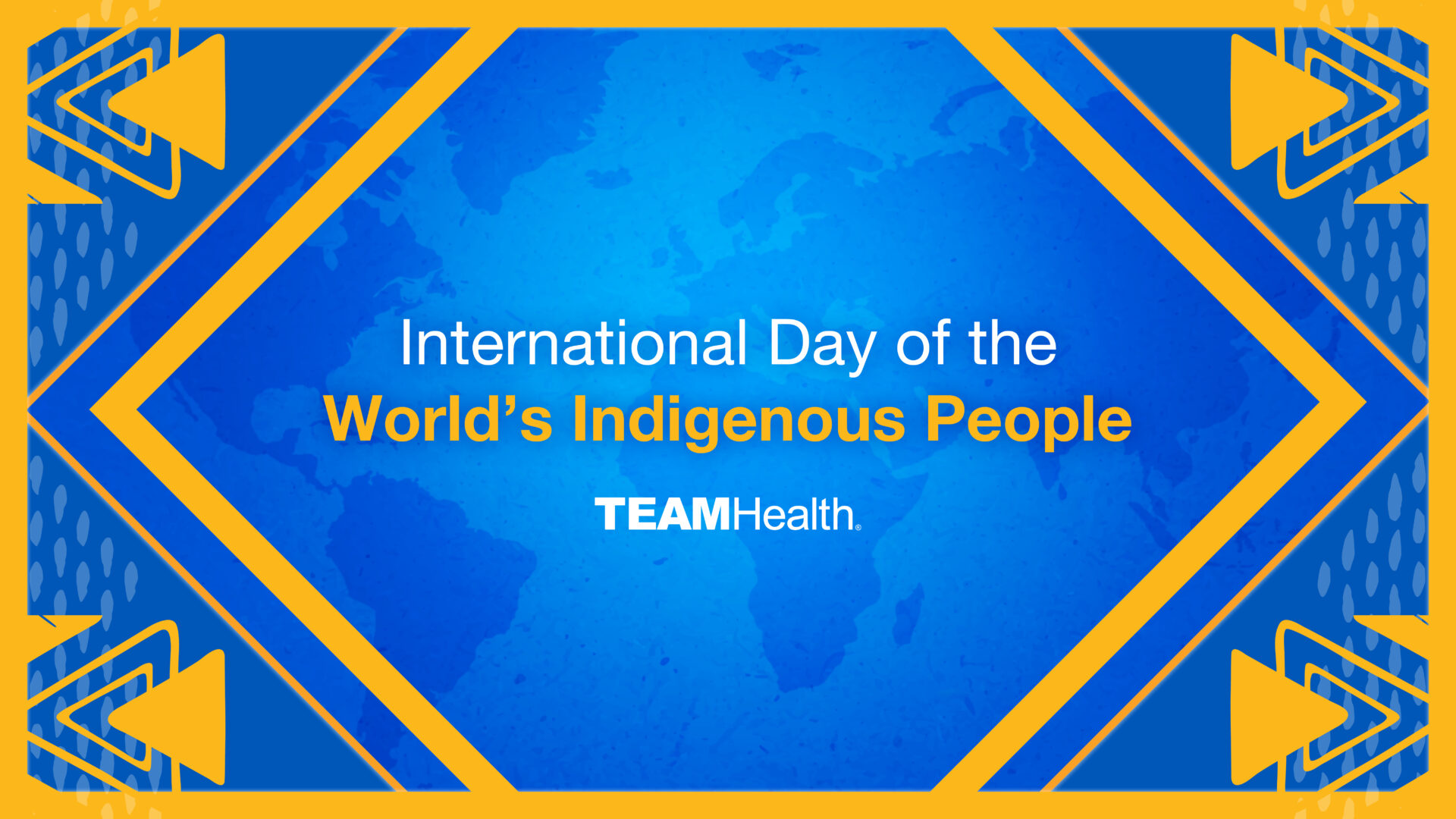There are upwards of 500 million indigenous people in 90 countries throughout the world. And recognition of the many contributions of indigenous people extends well beyond the International Day of the World’s Indigenous Peoples, which is celebrated on August 9th each year.
What does indigenous mean?
Indigenous peoples are defined as distinct ethnic groups who are the original inhabitants of a particular region, territory or country. They have a historical, cultural and territorial connection to their ancestral lands, often predating the arrival of colonial or dominant societies.
Indigenous peoples have a unique and intimate relationship with their lands, natural resources and ecosystems. Their cultural practices, languages and traditions are deeply tied to these territories.
Contributions of Indigenous Peoples in Healthcare / Medicine and Beyond
Contributions of indigenous people in healthcare include a tool developed prior to the first hypodermic syringe, anti-inflammatory and pain relief, sunscreen and a number of other significant contributions.
Indigenous peoples’ rich history is reflected in numerous contributions in multiple fields. Notable “firsts” achieved by indigenous people include the following:
- First Indigenous President: Evo Morales, an Aymara indigenous leader, became the first indigenous president of Bolivia. He served as the president from 2006 to 2019.
- First Indigenous Astronaut: In 2002, John Herrington, a member of the Chickasaw Nation, became the first enrolled member of a Native American tribe to travel into space as a mission specialist.
- First Indigenous Olympic Gold Medalist: Billy Mills, a member of the Oglala Lakota Sioux tribe, won the 10,000 meters race at the 1964 Tokyo Olympics, becoming the first and only American to win gold in that event.
- First Indigenous Nobel Laureate: Rigoberta Menchú, a K’iche’ Maya woman from Guatemala, won the Nobel Peace Prize in 1992 for her work in promoting indigenous rights and social justice.
- First Indigenous Chief Justice: In 2000, Ta’isi Efi from Samoa became the first Pacific Islander to serve as the Chief Justice of the Supreme Court of Samoa.
- First Indigenous Rights Activist: Many indigenous leaders and activists have fought for their communities’ rights throughout history, but Bartolomé de las Casas, a Spanish Dominican friar, is often considered one of the first indigenous rights activists. He advocated for the rights of the Native Americans during the Spanish colonial period.
- First Indigenous Published Author: In the 19th century, William Apess, a Pequot Native American, wrote and published “A Son of the Forest,” making him one of the first published Native American authors.
- First Indigenous Physician: Dr. Susan La Flesche Picotte, a member of the Omaha tribe, became the first Native American woman to earn a medical degree in 1889. Her career was dedicated to providing healthcare to Native American communities.
These are just a few examples of the many remarkable achievements of indigenous peoples across the globe. Contributions in various fields have shaped history and continue to be significant today.
The term “indigenous peoples” covers a vast and diverse range of communities worldwide, each with its own unique cultural heritage, history and challenges. Respecting and understanding their rights and culture is crucial for promoting social justice and ensuring the preservation of cultural diversity and sustainable development.
We each have an opportunity to recognize the unique status of indigenous peoples, acknowledging their contributions to humanity’s cultural diversity and the importance of preserving their traditional knowledge and ways of life.
Indigenous people are our co-workers, our neighbors, our friends and our patients.
Lean more about TeamHealth’s Diversity, Equity and Inclusion commitments.
